Clean Energy Efforts Threatening The Lives Of Animals
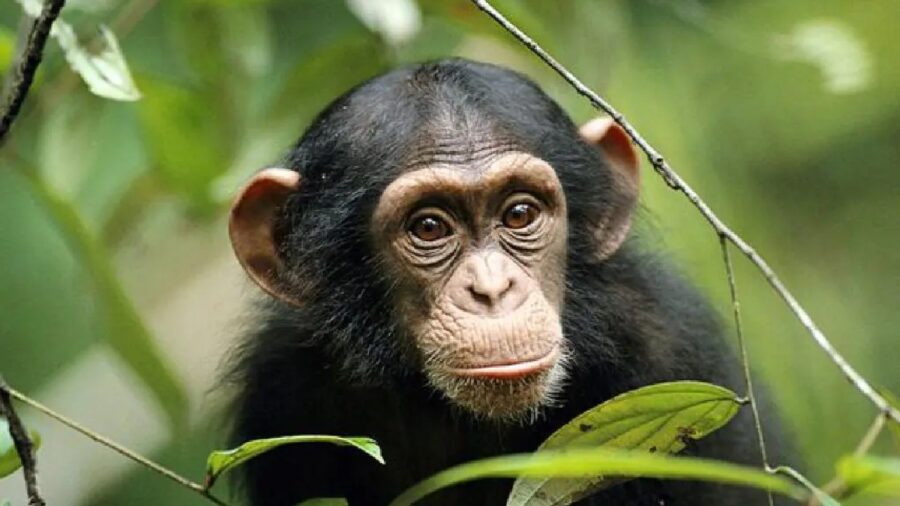
As the world rushes to usher in clean energy to offset the disastrous effects of carbon on global temperatures, recent findings reveal that the mining of necessary resources for these efforts is threatening the ape populations in Africa. Researchers from the German Centre for Integrative Biodiversity Research and Martin Luther University Halle-Wittenberg released a study that shows that mining for nickel, cobalt, lithium, and copper has a substantial impact on the biodiversity near the mining locations.
The places where these precious materials are found just happen to be the same spots that are among the most populated by multiple species of primates. While clean energy will help stop the human race from going extinct, it’s also working toward driving primates closer to extinction.
Mining Threatens Chimpanzees
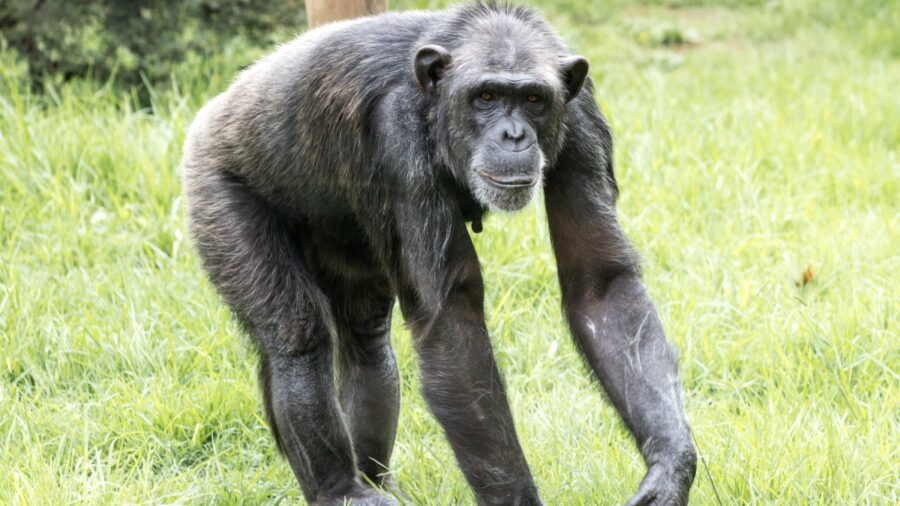
In West Africa, 80 percent of the chimpanzee population lives within 20 miles of active mining sites. The mining efforts to propel the world into an era of clean energy are guilty of harming these populations in multiple ways, beginning with the destruction of their natural habitats. The creation of mines causes severe deforestation in and around the mining sites, pushing these creatures out and into areas that might be more harmful to their existence.
Miners Can Only Be So Careful
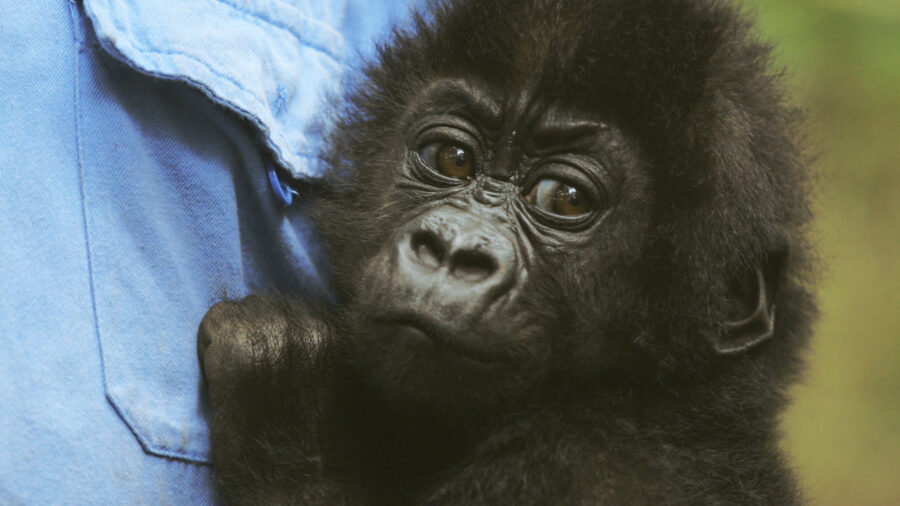
Additionally, clean energy efforts generate an undue amount of noise and light pollution that greatly disrupts the lives of primates, birds, and other native animals. No matter how careful miners are, there is still air and water pollution as a result of mining. This contaminates the food and water supply for miles beyond the mining sites and works to deplete the resources these animals need to survive.
Disease Transmission

Large mining sites also bring human populations into areas that have not experienced them. The transmission of disease to primates is also a realistic threat to their existence, further weakening animal species that are already endangered. While the impetus driving clean energy material mining is seen as necessary to keep global temperatures from rising further, some are calling for better mining regulations so that these species can be protected from further damage.
Mining Is Necessary For Clean Energy
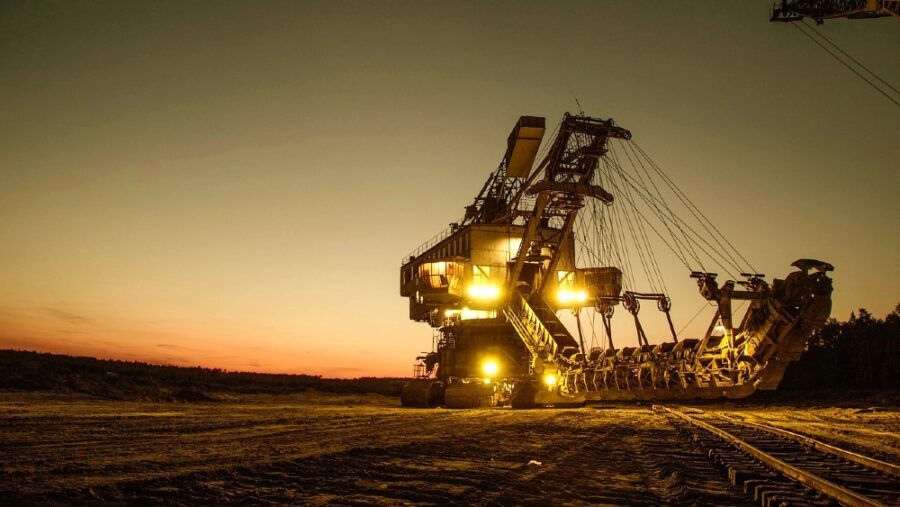
One of the study’s co-authors, Tenekwetche Sop, says that these mining companies should have mitigation procedures in place to minimize the impact of their work. He also advocates for these companies to share any of the data they collect regarding the ape population in and around their mining facilities.
The clean energy industry relies heavily on the materials being extracted in these African regions. Most notably, lithium and cobalt are the core materials used in lithium-ion batteries used in the ever-growing electric vehicle industry. These two elements are also used to create massive energy storage systems that clean energy sources like solar and wind-powered mechanisms need to provide electricity.
Good For The Future
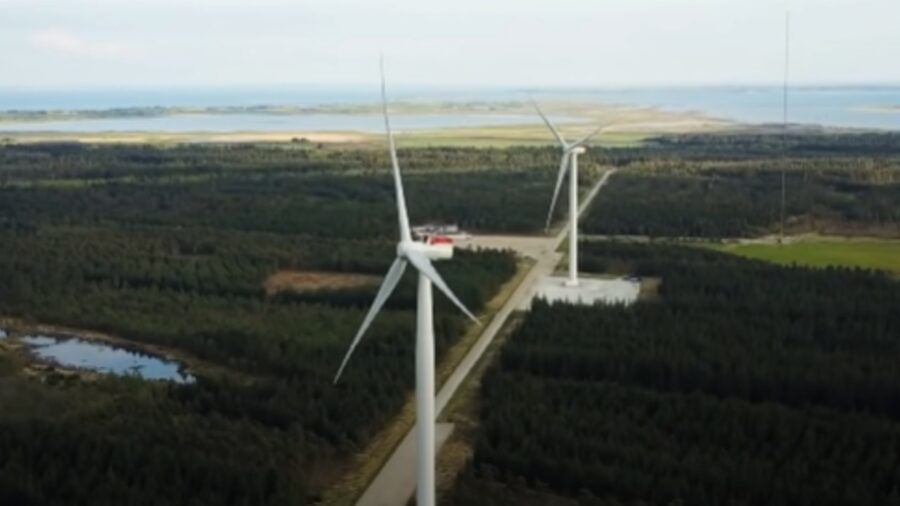
Copper, though used for purposes outside of the clean energy industry, is in great demand for building renewable energy infrastructure. The element is used to create wiring for electric motors and is also a critical element in building wind turbines and solar panels.
Hurts The Planet Today
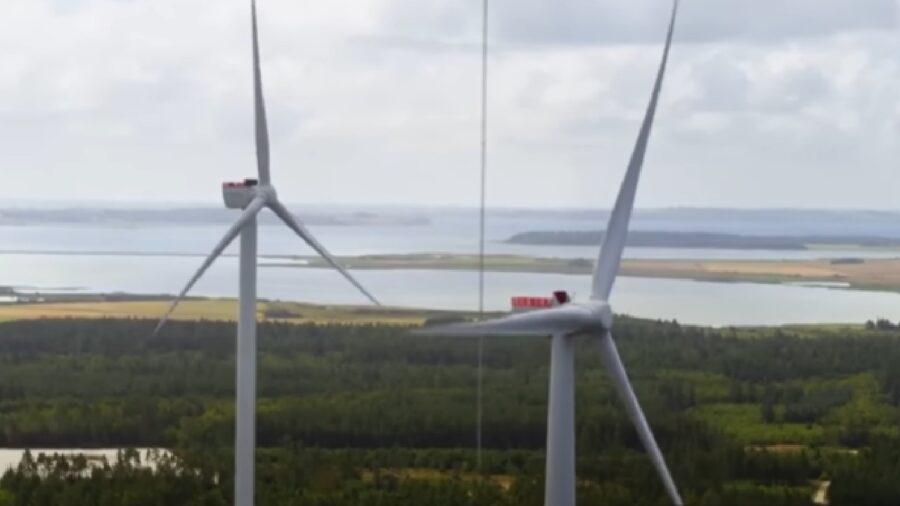
It’s important to point out that the researchers in the aforementioned study believe clean energy is necessary. But the transition from fossil fuels to clean energy must be done in a way that is less environmentally disruptive, they say, lest we allow industry to further damage the planet along the way.
Source: Science Advances












